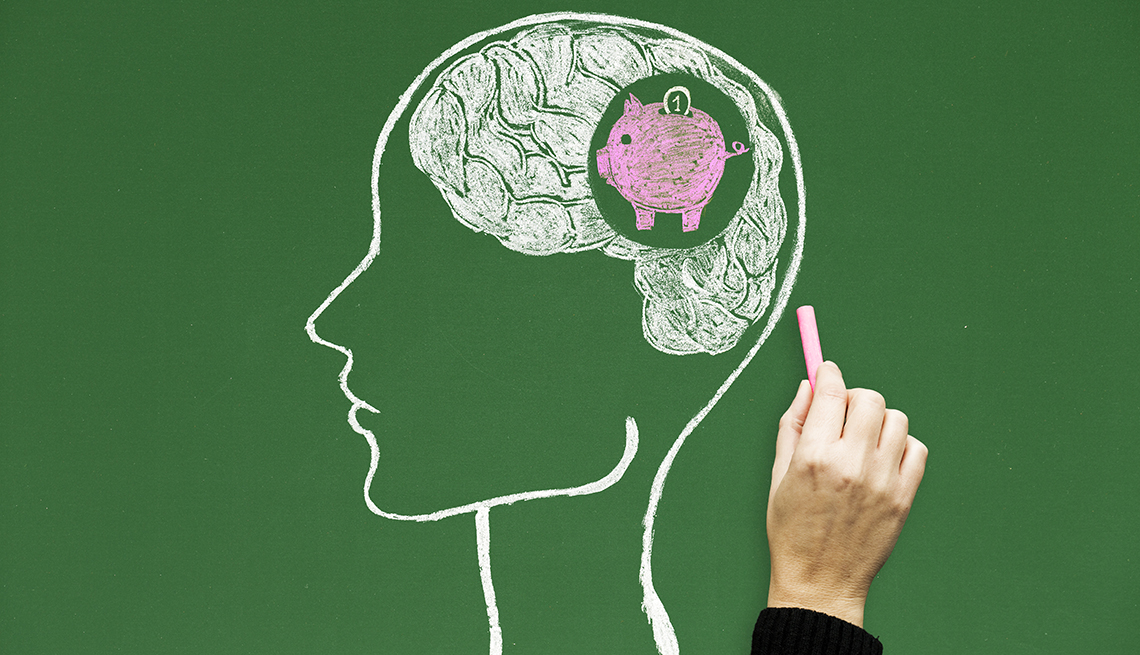For people who have trouble budgeting, Holeman of Betterment.com takes it further. He suggests that once you identify your goals and set up a savings plan, try not to worry about other spending. “As long as you save what you need to save, it doesn’t matter what you do with whatever’s left over,” he says.
But many of us are willing to spend money we don’t have by pulling out credit cards or financing purchases. Often, this is fueled by an innate drive for social status and to keep up with our neighbors and friends. That challenge has only gotten worse in the age of social media. In the past, we might have just heard about friends’ great vacations, fabulous dinners and new cars. Now we’re bombarded with pictures and videos of them online.
Digital envy can be hard to resist, studies show.
“There’s a lot of peer pressure involved here,” says Long. Indeed, a 2016 Harris poll found that 1 in 4 people admitted to being jealous after seeing someone posting about a purchase or vacation on social media.
Long says that when she starts feeling overwhelmed by others’ posts, she’ll visit her own profile to be reminded that her life looks good online, too. And she also tries to limit her time on social media sites. Her husband even keeps the apps off his phone.
For ways to save and more, get AARP’s monthly Money newsletter.
'It can’t happen to me'
Another financial challenge stems from a powerful force called optimism bias. “We just don’t think bad things will happen to us,” says Scott Cole, a Birmingham, Ala., certified financial planner who also has a divinity degree. “We hear of bad things happening all the time to others but believe that we have the ability to navigate our way out of something. In short, we all think we are above average, that it couldn’t happen to us.”
Unfortunately, overcoming the instinct is hard. Optimism is what gets most people out of bed in the morning, and while it doesn’t make sense to adopt a pessimistic attitude, it helps to be aware of this bias. Cole suggests taking a step back to at least acknowledge the possibility that things may go wrong. That will help you see the need to plan for the worst by having proper insurance and an emergency savings fund.
Facing mortality
Even if we can’t predict what will happen to us, one thing (along with taxes) is certain: death. But because we don’t like to think about our own mortality, many people skip the important financial task of writing a will.
Long says she understands the reluctance to plan for our passing, but she urges clients to consider what will happen to their loved ones after they’re gone. Those with blended families or multiple heirs could end up with a fight over assets and property.
And surprisingly, a will doesn’t have to be expensive. A simple one can cost less than $500. Large companies, and even some small ones, often have employee-assistance programs, which can provide a will without charge or at a low cost, she says.
And that points to at least one psychological trait we can celebrate: Everybody loves a bargain.




































































